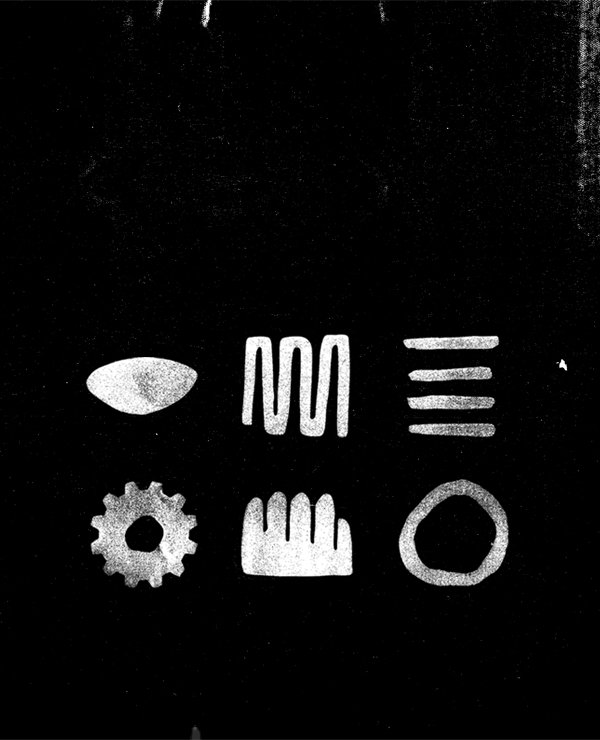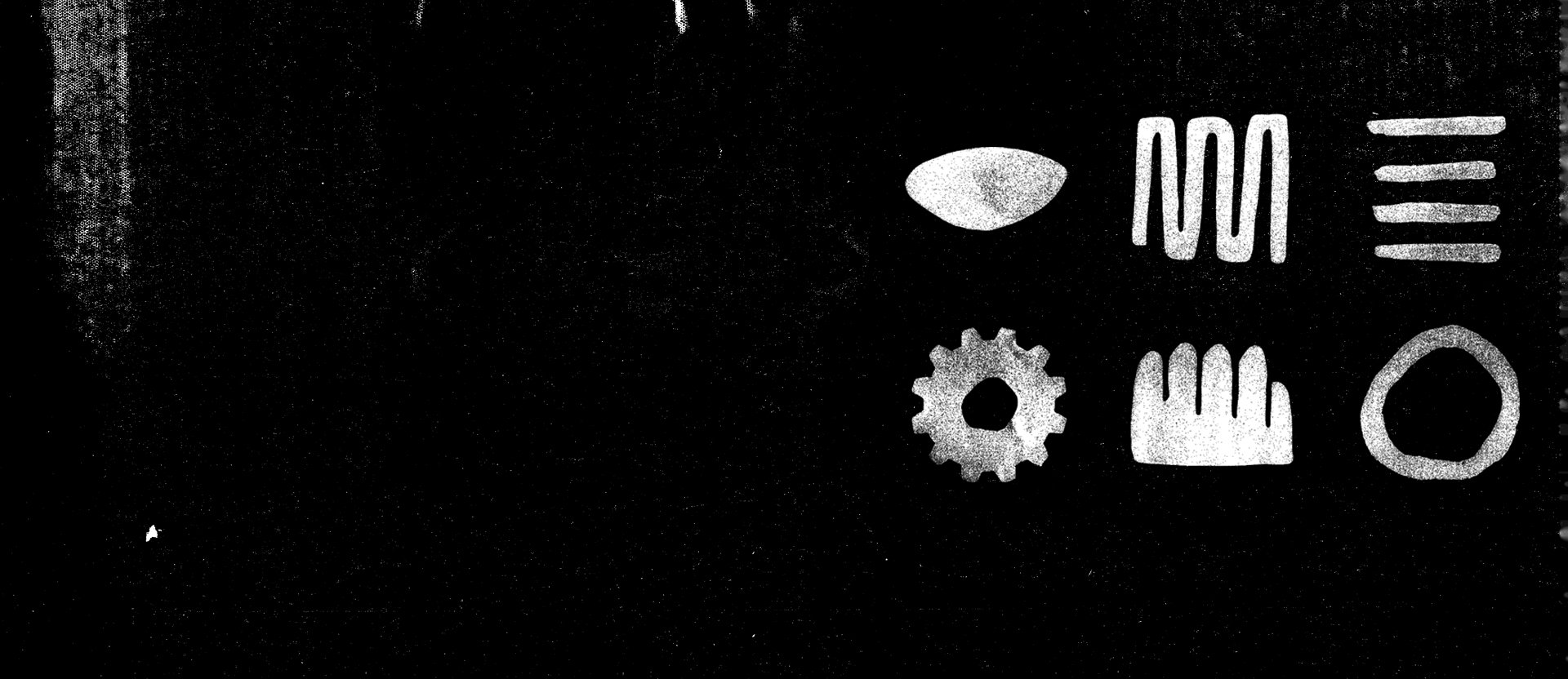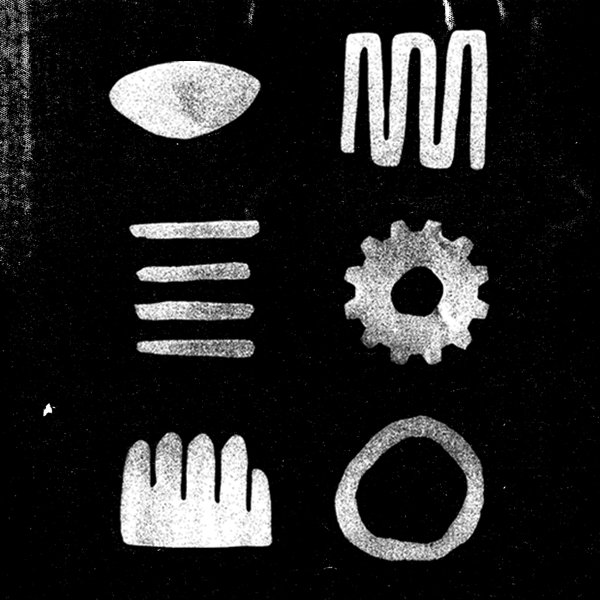Taking place at The Carriageworks Theatre in Leeds on Monday 22 May 2023, the conference will ask artist-led spaces, and all those that surround and support them, the question: How do we develop what we do without denying who we are?
9.00am – 9.30am Breakfast
Start the day with refreshments and a chance to connect with others
9.30am – 11.00am Opening and introduction
An introduction to Hive and its role in connecting artist-led spaces with the wider sector. With presentations on the research, campaigns and legacy of Guild.
11.15am-12.45pm Hive Morning Session
Once you’ve booked your tickets, you’ll be asked to select one of the six Hive sessions (listed below) to participate in.
1.00pm-1.45pm Lunch
Take a break for lunch and chance for more networking with others.
2.00pm-3.30pm Hive Afternoon Session
Once you’ve booked your tickets, you’ll be asked to select one of the six Hive sessions (listed below) to participate in.
3.45pm-4.45pm Cross-Pollination Session
A facilitated space for you to mutually exchange learnings from the different sessions you have joined during the day.
5.00pm-5.30pm Final Remarks
Hive Sessions:
Make space for paperwork:
Stewardship – Aligning our visions and commitments with wider movements
Joon-Lynn Goh / Anna Colin
If we replaced the word and practice of governance with stewardship, what would we re-remember, reclaim and re-practice? Who and what would we be in a relationship with? In this session, we aim to shift our understanding of organisational vision and accountability to our social movements, ecosystems and next generations. After introducing ourselves to one another and sharing where we come from, we will build an open-ended constellation of practices, references, models, uses and ways of stewardship to support our personal and collective commitments.
Make space for you:
Where do I stand and what do I stand for?
Jane Morrow / Benedetta d’Ettorre
Partner: University of Leeds
The focus for this session is on individual, collective and organisational values: those that you cultivate and communicate, and how they shape our work in the artist-led sector. The session will address the significance of reflexivity (particularly when we feel like we don’t have time for such activity), productivity, and keeping it creative: how we might define ‘artistic value’ without resorting to econometric, social, and environmental indices. Participants will be guided through a series of exercises to reflect on their roles as artists, directors, supporters and navigate hybrid identities that converge in wider organisational cultures. It will also help participants to consider and map the different strands of their activities, to determine where they stand, and what for.
Make space for friends:
What are the conversations we really want to have?
Melissa Burntown / Alice Chandler
Partner: YVAN
Through the use of scripted conversations, this workshop will facilitate critical reflection on the complex state of networks in the arts sector. Participants will take part in performative exercises and collaborative reflection to consider themes of value, agency, frustration, solidarity and storytelling in order to think deeper about networks and the stories they contain. Connections shape the world we live in, so what stories are embedded in our networks and why?
Make space for teabags:
Finding, running, keeping – How do artists move and develop through their space?
Market Gallery / Chris Biddlecombe and Kirsten Body
Partner: Creative Scotland
This session will look at how organisations connect to their communities and are embedded within their localities. We will take time to reflect on how artist-led projects and spaces respond to needs and demands of the spaces they inhabit, and the responsibilities they have towards their surrounding communities. Does the space define the programme or does the programme define the space? In turn, should artists question the appropriateness of temporary spaces and instead investigate alternative models for sharing between creative groups? Do artist-led projects always need a physical space to exist and define their identity? The group will develop a series of workshop scenarios that explore how artists map, archive and connect the group experience into their flexible working environment.
Make space for spare change:
How can we know, show and tell our value?
Dawn Cameron / Emma McDowell
Partner: Centre for Cultural Value
It is often difficult to find space and time to carry out effective evaluation when we are juggling many competing priorities and agendas. We can struggle with finding appropriate ways to articulate and communicate the value of everything we do as artists and cultural practitioners. Yet embedding evaluation into our practice can provide rich learning and insight into our work. In this session, you’ll work with others to explore some of the central tenets of evaluation practice. We hope thatattendees will leave feeling more confident about how to measure impact and articulate value.
This interactive session will:
- Discuss how evaluation can complement and support artistic ambitions
- Using real life examples, illuminate how evaluation can be rigorous, robust and creative
- Explore some central principles of evaluation developed by the cultural sector and the Centre for Cultural Value, Leeds
- Enable attendees to consider how the Centre for Cultural Values’ Evaluation Principles might be applied in their own settings
- Explore effective ways of steering critical conversations within organisations and externally with funders and stakeholders
Make space for everyone:
As those who have least to give seem to end up expected to give the most
Jo Verrent / Laura
Partner: Unlimited
This session focuses on a resource for organisations created by GUILD and Unlimited, working with a pilot group which included research with Babeworld, Contemporary Other, Kaleider, Mafwa Theatre and Span Arts. It aims to support organisations of all sizes work on developing their own practices to both identify and stop exploitation.
Last year, Unlimited created a survey to see just how many disabled artists, arts workers and creatives were regularly expected to do something for nothing. With over 300 responses to date, we can confirm that 87% in the cultural sector have been asked to do something for nothing and only 2% never do so. So how can we stop the continued assumption that the exploitation of artists and art workers, especially those who are often in the most precarious situations to start with? How can we make the cultural sector fair and accessible for everyone?
Let’s work together to stop the exploitation of disabled creatives and arts workers (and all other creatives too).
Related posts
-
Event
Hive Facilitators
Here are the incredible facilitators that will be supporting Hive, with sessions throughout the day.



